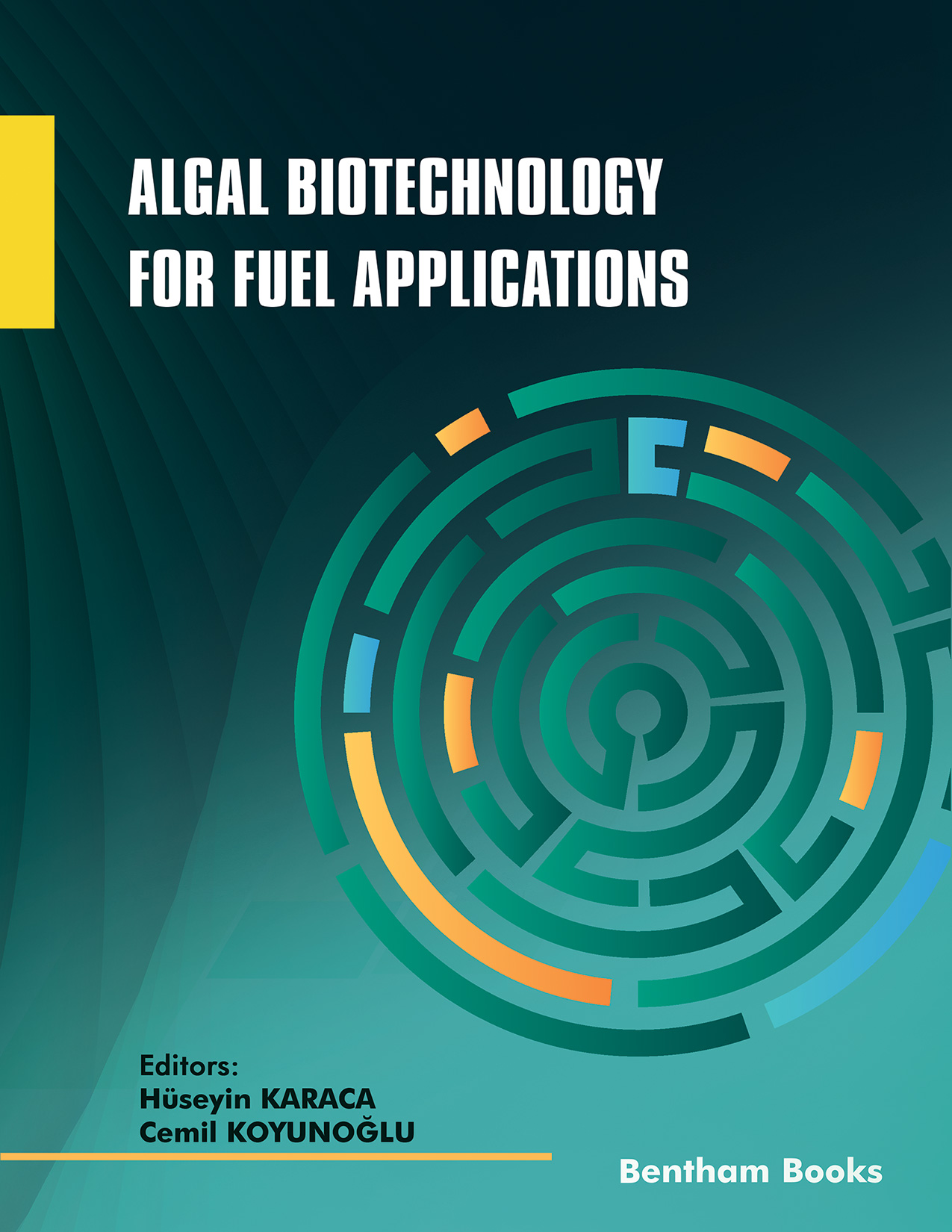Lipid Production in Microalgae

- Authors: Leyla Uslu1, Oya Işık2
-
View Affiliations Hide Affiliations1 Marine Biology Department, Fisheries Faculty, Cukurova University, 01330 Adana, Turkey 2 Marine Biology Department, Fisheries Faculty, Cukurova University, 01330 Adana, Turkey
- Source: Algal Biotechnology for Fuel Applications , pp 279-287
- Publication Date: October 2022
- Language: English
Lipid Production in Microalgae, Page 1 of 1
< Previous page | Next page > /docserver/preview/fulltext/9789815051001/chap12-1.gif
Microalgae, which are considered to be the living group that uses water and solar energy most effectively, have attracted the attention of researchers. Researches on efficient production of microalgae from starter cultures in the laboratory environment to outdoor ponds and photobioreactors continue in many countries. In addition to the known microalgae species, studies to search for new microalgae species that are rich in nutrient content and ease of production are ongoing. Of course, the researches also include more economical algae production studies. Algae and algae produced as larval food in aquaculture can be used as food support, as well as in the production of nutraceuticals and pharmaceuticals, like food coloring, soil fertilizer, and plant diseases. Algal oils and algal biomass have been gaining interest in renewable energy sources, especially in recent years, and studies in this area continue. The implementation of all these issues is based on well-known algal physiology and the realization of successful algae cultures.
-
From This Site
/content/books/9789815051001.chap12dcterms_subject,pub_keyword-contentType:Journal -contentType:Figure -contentType:Table -contentType:SupplementaryData105

